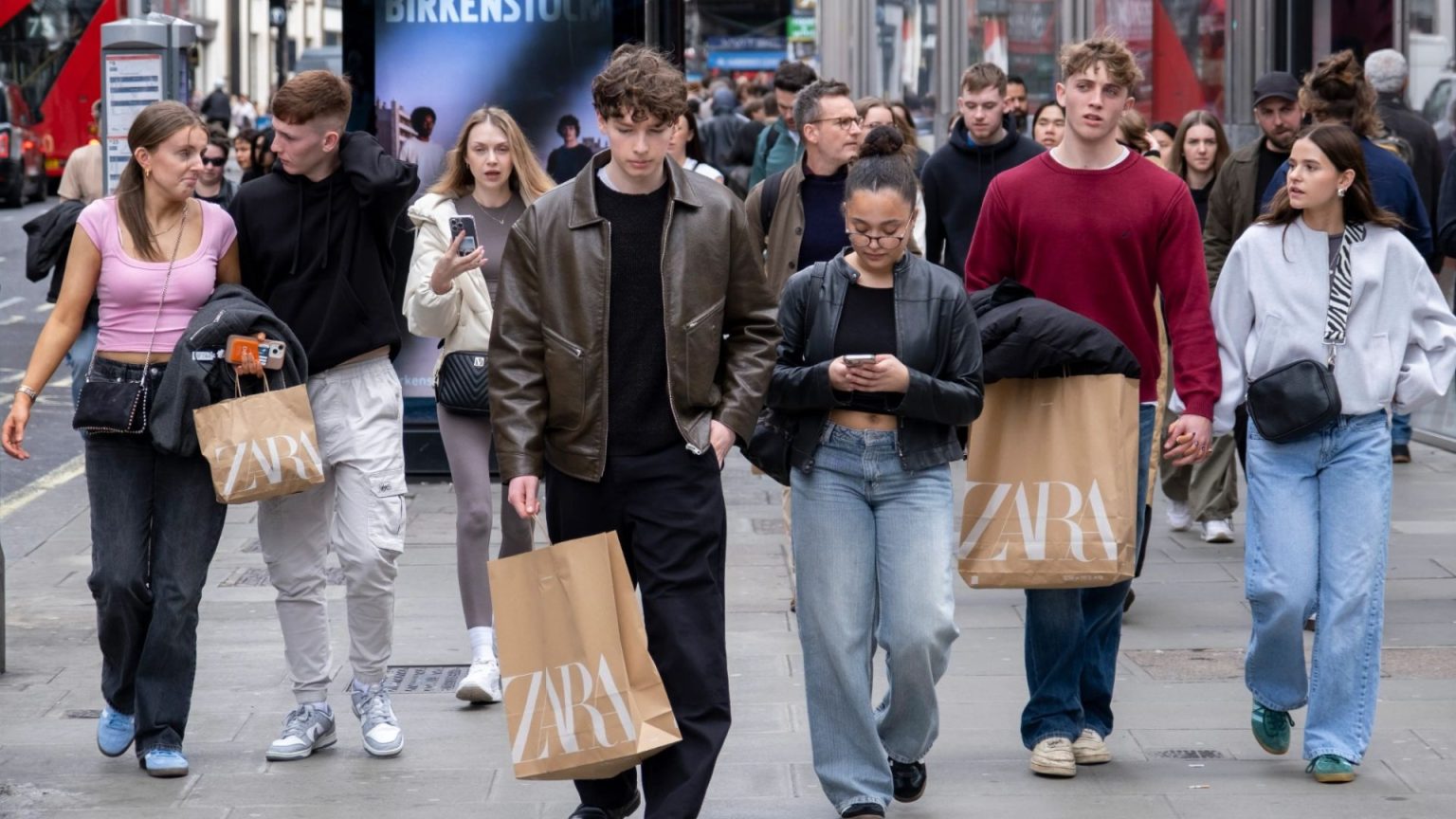The iconic Oxford Street, once hailed as the jewel in the crown of British retail, is facing a potential exodus of major retailers, mirroring the broader struggles of the UK high street. Seven prominent brands, including Zara, River Island, and Urban Outfitters, reportedly intend to vacate their premises in Park House, a nine-storey building on the famed shopping street, when their leases expire. This news underscores the challenges brick-and-mortar stores face in the evolving retail landscape, exacerbated by the pandemic and shifting consumer preferences towards online shopping. While Pandora has denied any final decisions regarding their lease, the potential departure of these anchor tenants casts a shadow over Oxford Street’s future.
The proposed renovations of Park House, owned in part by the Qatar Central Bank, aim to revitalize the building and address some of the contributing factors to its declining appeal. The plans, submitted to Westminster City Council, include adding a restaurant kitchen and improving the building’s facade. The application cites the pandemic’s impact and inherent issues with the property, such as inadequate signage and a lack of differentiation between retail units, as reasons for the needed overhaul. The council’s Planning Sub-Committee has reviewed the proposal and recommended its approval, signaling a potential turning point for the property.
Park House, initially granted planning permission in 2006, currently houses a mix of retail spaces, not all of which are fully occupied, along with 39 residential flats and office space. The planned renovations seek to enhance the overall attractiveness and functionality of the building, potentially attracting new tenants and breathing new life into this section of Oxford Street. The success of these renovations will be crucial in mitigating the impact of the departing retailers and maintaining Oxford Street’s status as a prime shopping destination.
The potential closure of these flagship stores on Oxford Street reflects the broader challenges facing the UK high street. The rise of e-commerce, accelerated by the pandemic, has significantly impacted traditional retail models. Consumers have increasingly embraced online shopping for its convenience, wider selection, and often lower prices, putting immense pressure on physical stores to adapt and innovate. Oxford Street, despite its prominent location and historical significance, has not been immune to these trends, witnessing several high-profile closures in recent years.
The future of Oxford Street hinges on its ability to adapt to the changing retail landscape and offer experiences that draw consumers back to physical stores. Efforts are underway to revitalize the area and combat the decline of the high street. London Mayor Sadiq Khan has championed a £150 million redevelopment plan, including pedestrianizing a significant portion of Oxford Street, to enhance its appeal and create a more vibrant public space. This initiative aims to restore Oxford Street to its former glory and solidify its position as a premier shopping and leisure destination.
The potential departure of these seven retailers from Park House represents a significant challenge but also an opportunity for Oxford Street to reinvent itself. The planned renovations, coupled with broader revitalization efforts, offer a glimmer of hope for the future of this iconic shopping street. The success of these initiatives will depend on creating a compelling and engaging experience for consumers, one that differentiates Oxford Street from the ever-growing online marketplace and reaffirms its position as a vibrant and dynamic destination.











